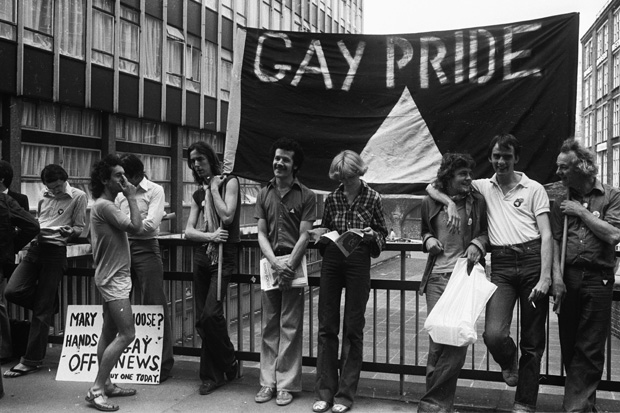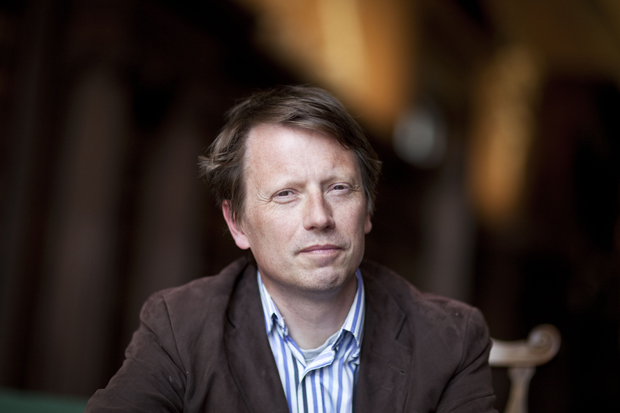The Emperor Waltz is long enough at 600 pages to be divided, in the old-fashioned way, into nine ‘books’. Each book has a date, sliding from 1922 to 1979 to next year to 203 ad to last month. This might suggest an overly systematic novel in the mode of David Mitchell’s Cloud Atlas or Eleanor Catton’s Booker Prize-winning breezeblock The Luminaries.
Already a subscriber? Log in
Subscribe for just $2 a week
Try a month of The Spectator Australia absolutely free and without commitment. Not only that but – if you choose to continue – you’ll pay just $2 a week for your first year.
- Unlimited access to spectator.com.au and app
- The weekly edition on the Spectator Australia app
- Spectator podcasts and newsletters
- Full access to spectator.co.uk
Or
Unlock this article
Available from the Spectator Bookshop, £15.99. Tel: 08430 600033
You might disagree with half of it, but you’ll enjoy reading all of it. Try your first month for free, then just $2 a week for the remainder of your first year.














Comments
Don't miss out
Join the conversation with other Spectator Australia readers. Subscribe to leave a comment.
SUBSCRIBEAlready a subscriber? Log in